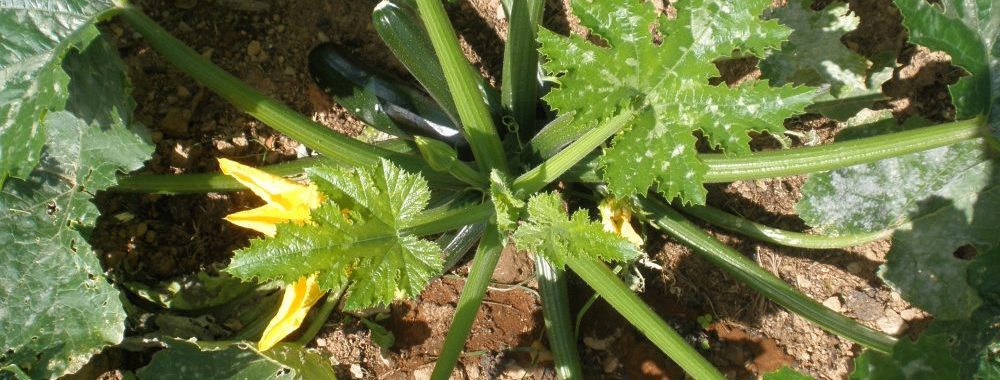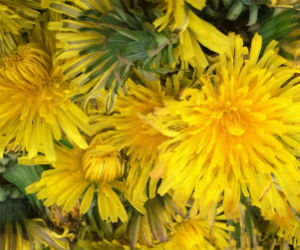So I am addicted to a podcast. just one (I don’t have time for many) but the subject of the day was happiness.
Just for starters, I love that there are people in the world who come up with a World Happiness Report (http://worldhappiness.report/), tricky as it is to evaluate, it does seem like a valuable thing to do. But then there is trying to understand why?
Listening this morning, what struck me was that much of the measure of happiness has to do with the way you understand your world. Social trust, social capital and other studies seem to indicate that if you trust the people around you, you are more likely to be happy (and healthy, satisfied with what you have, supported by those around you etc.). What does this have to do with biodynamics?
Well the fundamental attitude in biodynamics is trust. Trust in the wisdom and patterns of nature. There is a strong principle that understanding the world around you and making sense of it means that you can work WITH rather than against all the complex influences on growth and production. Dealing with weeds is not a war (use a herbicide to eliminate) but a process of understanding. What is needed so that the weeds don’t need to be here?
When you are working with animals the aim is that the animal can express their nature as much as possible, that does mean you have to understand their nature in the first place. Why would you remove the horns from cows when they are born that way?
This takes a shift of mind, from production as an industrial process (think input-output and in its extreme factory farming) to production as generosity. Nature is generous and we are supporting that fundamental generosity so that we can feed ourselves well. Not easy perhaps but valuable and meaningful, with both principled and practical implications.
So if happiness is increased by social trust then it seems to me that happiness is probably also increased by trust in the natural world.
Not that there isn’t the aim of social trust as well. In the UK, most Demeter (biodynamic) certified farmers have direct connections with their consumers. In terms of a supply chain, the shorter the better, with many biodynamic farms having community supported agriculture initiatives, open community farms, social events and direct communication. So the farmers knows their customer and the customer knows the farmer. In fact the Demeter standards are moving towards including social and economic aspects as well as ecological. Trust in the making. Maybe happiness too.
Aristotle viewed happiness as an activity, something you do in harmony with your own nature. Biodynamic farmers do farming in harmony with their own nature and the nature of the living world around them which is hard work but may also be a path towards happiness.




